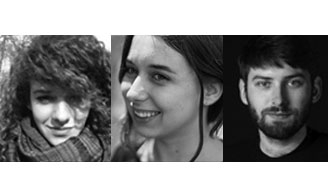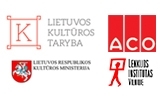IZABELA CICHOŃSKA, KAROLINA POPERA, KUBA SNOPEK - ARCHITECTURE OF THE VII DAY
POST-ARCHITECTURE
Despite the Communist state’s hostility to religion, between 1945 and 1989, over 3,000 churches were built in Poland, and this phenomenon can be referred to as “the Architecture of the Seventh Day”. The churches were equally an expression of faith as they were a form of protest against the government. Their fantastic designs were ruptures in the rigid urbanism of the centralized state. Eventually, these communal projects became crucial sites in the democratization of Poland. The history of these churches will be revealed in this conversation with the researchers through photography, maps and archival research.

A spectacular period of Polish architecture will be presented by a group of young architects and researchers. The project was started in 2013 by the graduates of Moscow STRELKA institute, Izabela Cichonska and Kuba Snopek. They have studied under Rem Koolhaas (OMA) and have taught with Winy Maas (MVRDV). A diverse group of cartographers, statisticians, photographers, programmers were also involved in the ambitious research of 408 buildings.

This book is the first guide to the architecture of Polish post-war churches, consisting of photographs, info graphics, interviews with architects and researchers, as well as a route through the most interesting buildings. In two years, the group of researchers have travelled and documented in various ways the most of these places of worship. Architecture of the Seventh Day is a book not only about architecture, but also about the most recent Polish history. It underlines the fact that the churches were community-led endeavors that relied on local funding and input, long before these practices became buzzwords in the 21st century architectural circles.
